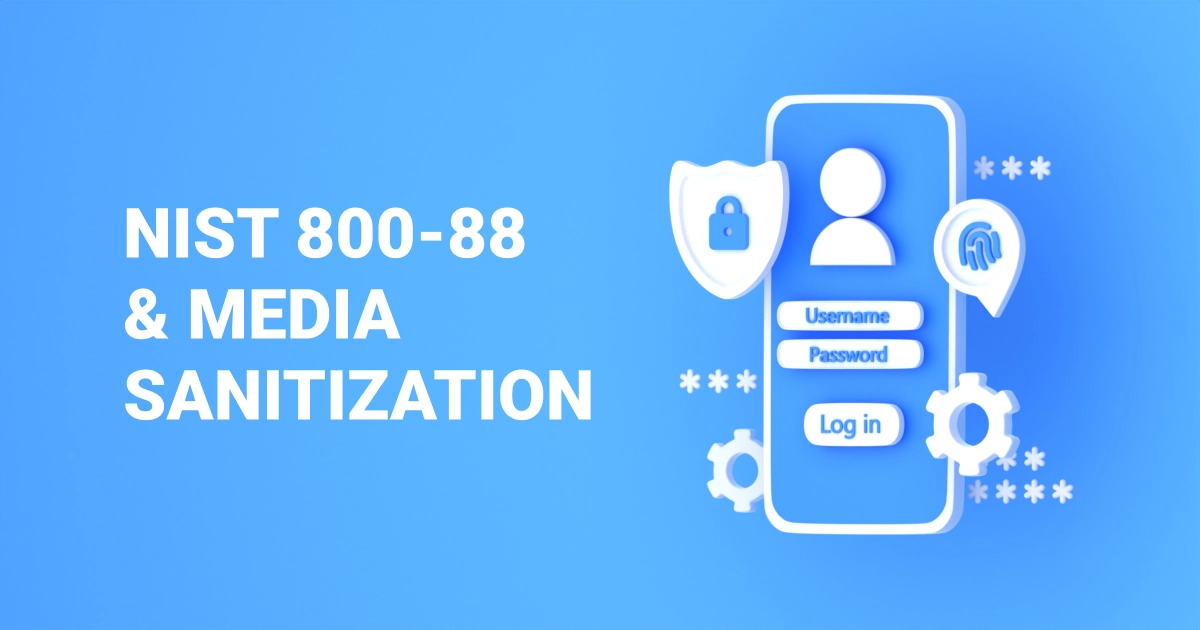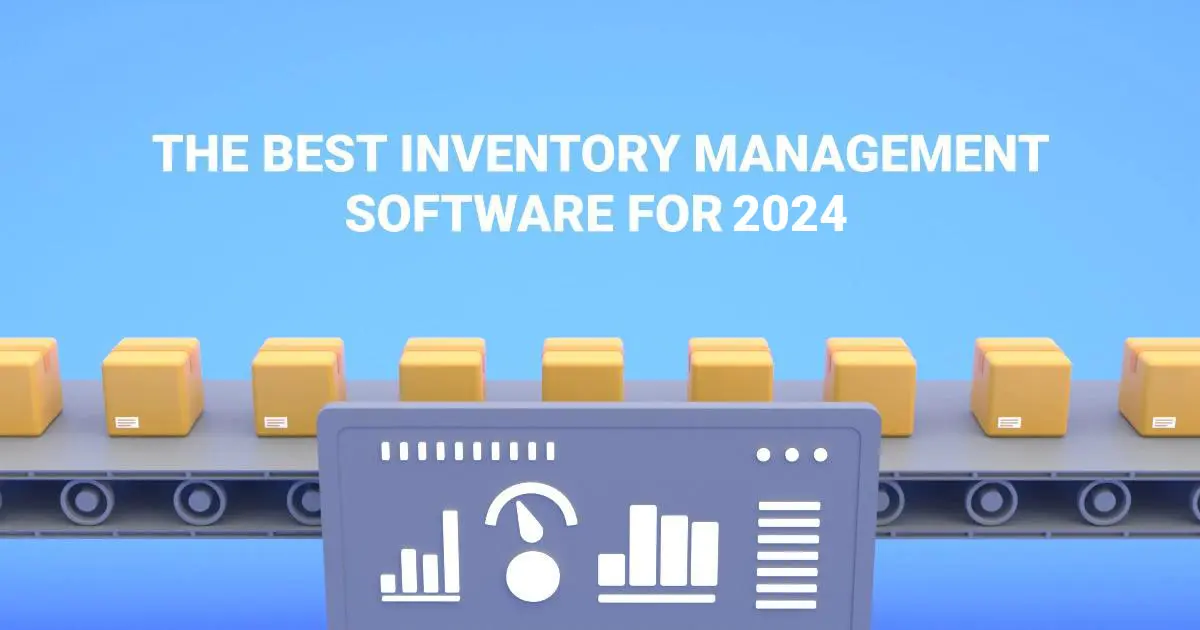As the problem of electronic waste grows, the R2 certification stands out as a key solution for environmentally friendly electronics recycling. In this blogpost, we will dive into the core features and benefits of this standard safety system, steps for obtaining R2 certification and reasons to partner with certified electronics recyclers.
What Is R2 Certification?
Increased consumption, short innovation cycles, and low recycling rates contribute to the rapid growth of all types of waste, including electronic waste. Annually, this results in more than 50 million tons of e-waste globally. It often contains harmful materials like cadmium, beryllium, or brominated flame retardants, posing significant health and environmental risks. Furthermore, some components of discarded electronics are economically significant — the estimated value of precious metals contained in them exceeds 60 billion dollars. Therefore, managing electronic waste is not only crucial for protecting our health and the environment but also presents a substantial business opportunity.
To control and standardize the electronics recycling process, the study group published the R2 (Responsible Recycling) guidelines in 2008. Their implementation is overseen by the organization Sustainable Electronics Recycling International (SERI). Moreover, it is recognized by Environmental Protection Agency (EPA), which makes R2 certification EPA approved.
Why Businesses Get R2 Certified
The urgent environmental and health requirement for improved electronics recycling, reuse and lifecycle management is becoming increasingly clear. By 2030, it's estimated that e-waste worldwide will reach an alarming 75 million metric tons annually. Many companies are eager to contribute positively to this issue.
Achieving R2 certification is how businesses show they are dedicated to the most advanced methods in electronics recycling. R2-certified refurbished used equipment recyclers strive to maximize the recovery of valuable and reusable components from obsolete consumer electronics, thereby reducing waste effectively.
Moreover, adopting the R2 certification is not only environmentally beneficial but also makes commercial sense. With growing awareness about product lifecycle, numerous organizations now prefer to collaborate with recyclers who adhere to the highest management standards. For electronics manufacturers, recyclers or resellers of used electronic devices, obtaining this certification is a way to assure potential partners and customers that they handle end-of-life electronics responsibly, recycling or reusing them following the industry's best practices.

How To Become R2-Certified
SERI reports that for the majority of R2-certified electronics recyclers the certification process takes from 8 to 12 months. While many companies typically work with a specialized R2 consultant for guidance through the process, achieving certification independently is also a viable option for most companies.
SERI outlines a five-stage roadmap for obtaining R2 certification, which can be summarized as follows:
- Educational phase to gain a comprehensive understanding of the R2 standard.
- Implementation phase, where a business documents and modifies its facility processes to align with the standard.
- Collection of records and evidence demonstrating the business's adherence to R2 requirements.
- Conducting an internal audit process to verify that the facility is in compliance with the standard.
- Undergoing a certification audit conducted by a certification body approved by SERI.
The Development of R2 Standards
The R2 certification is dynamic, evolving to incorporate industry feedback and adapt to the changing landscape of global electronics use. It has undergone three major revisions:
- R2v1, the initial version, was established in 2008.
- The second iteration, R2v2, was introduced in 2013.
- The latest and currently active version, R2v3, was implemented in 2020.
With each new version's launch, a transition phase is provided. During this period, organizations with expiring certifications can opt to renew under either the old or new standard. However, after a set timeframe, all renewals must comply with the latest standard.
R2v3 is particularly distinguished by its modular framework, which includes a set of mandatory core standards alongside a range of "Speciality Process Requirements."
In contrast to its predecessor, R2v3 places greater focus on safeguarding consumer information by enhancing data security measures. It also intensifies the criteria for securing materials handled by downstream vendors and provides clearer guidelines and expectations.

Understanding the Speciality Process Requirements of R2v3
The R2v3 certification encompasses a set of core requirements applicable to all businesses seeking certification, in addition to "process requirements" that outline additional standards for companies involved in specific activities. This approach allows for a more streamlined R2 certification for small businesses engaged in limited activities, while full R2 certification is necessary for those companies comprehensively involved in all facets of electronics reuse and recycling.
The key process requirements are summarized as follows:
- Downstream Recycling Chain: Facilities outsourcing part of their recycling process must use Appendix A to ensure their partners adhere to certain standards.
- Data Sanitization: R2v3 sets out requirements for erasing user data from devices, achievable either through physical destruction or logic sanitization, as detailed in Appendix B.
- Test and Repair: Businesses that test and, if needed, repair used devices or prepare them for reuse must adhere to Appendix C standards, which cover device testing and data cleansing procedures.
Why Your Business Should Partner with a Certified Recycler
Opting for an R2-Certified refurbisher ensures enhanced health and safety management system, quality, and a reduced environmental footprint. It provides thorough data sanitization from devices, adherence to rigorous testing protocols, and participation in an environmentally conscious supply chain. Collaborating with R2-Certified electronics recyclers offers assurance that all potential and environmental health and safety risks are effectively managed. This approach safeguards against unexpected fines or negative media attention that could result from improper handling or disposal of your assets.
Conclusion
The R2 certification represents a crucial step towards responsible electronic waste management and recycling. It ensures businesses adhere to the highest environmental and safety standards in the electronics recycling industry. This certification provides a structured and adaptable framework to meet these standards effectively. Choosing to partner with a R2-Certified company is a strategic and ethical decision. It aligns with contemporary environmental practices, offering assurance of environmental health and safety while demonstrating a commitment to a sustainable future.






